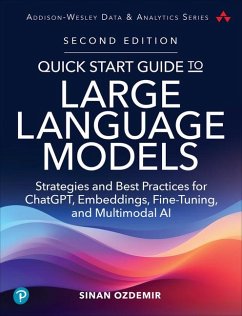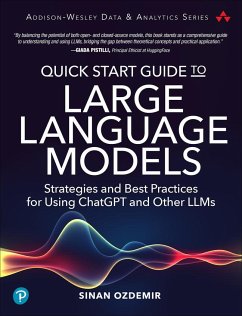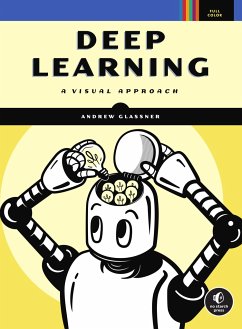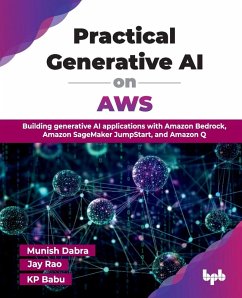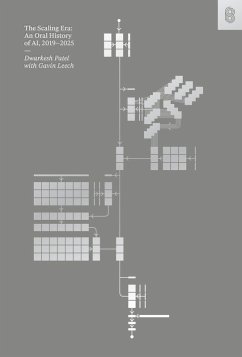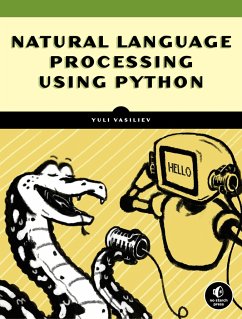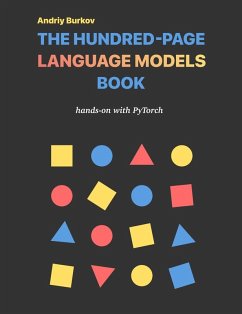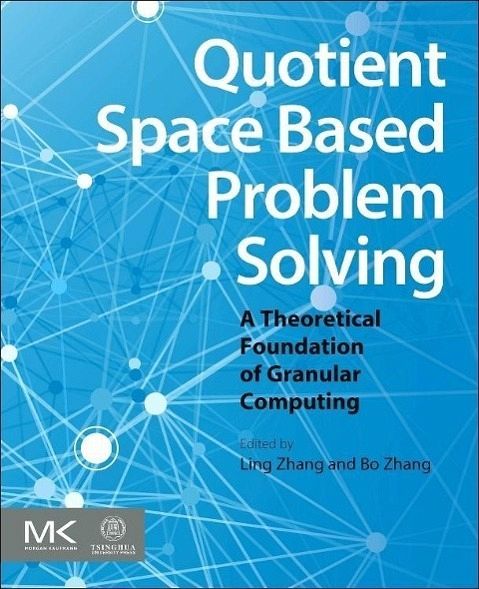
Quotient Space Based Problem Solving
A Theoretical Foundation of Granular Computing
Versandkostenfrei!
Versandfertig in über 4 Wochen
114,99 €
inkl. MwSt.

PAYBACK Punkte
57 °P sammeln!
Quotient Space Based Problem Solving provides an in-depth treatment of hierarchical problem solving, computational complexity, and the principles and applications of multi-granular computing, including inference, information fusing, planning, and heuristic search.



